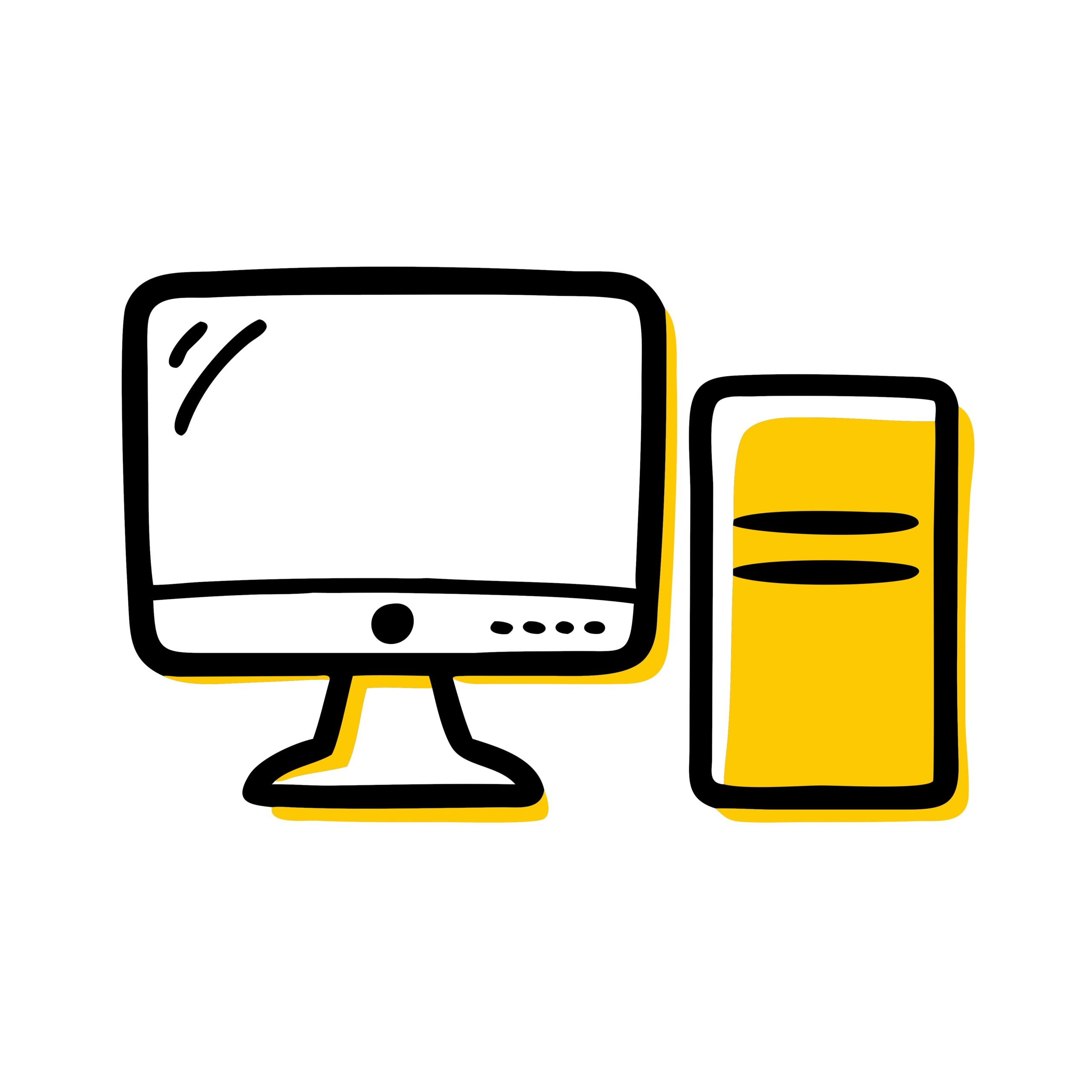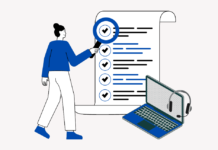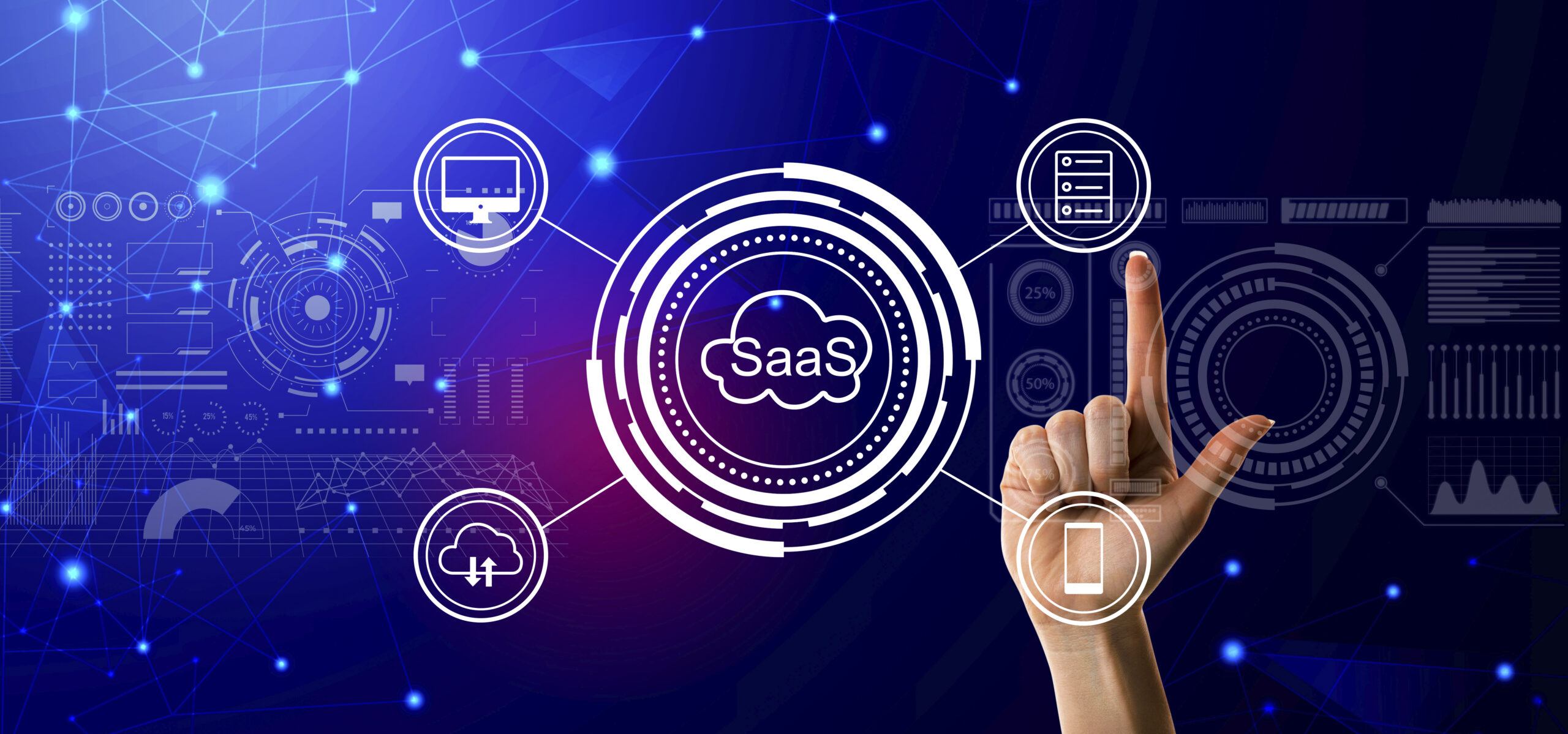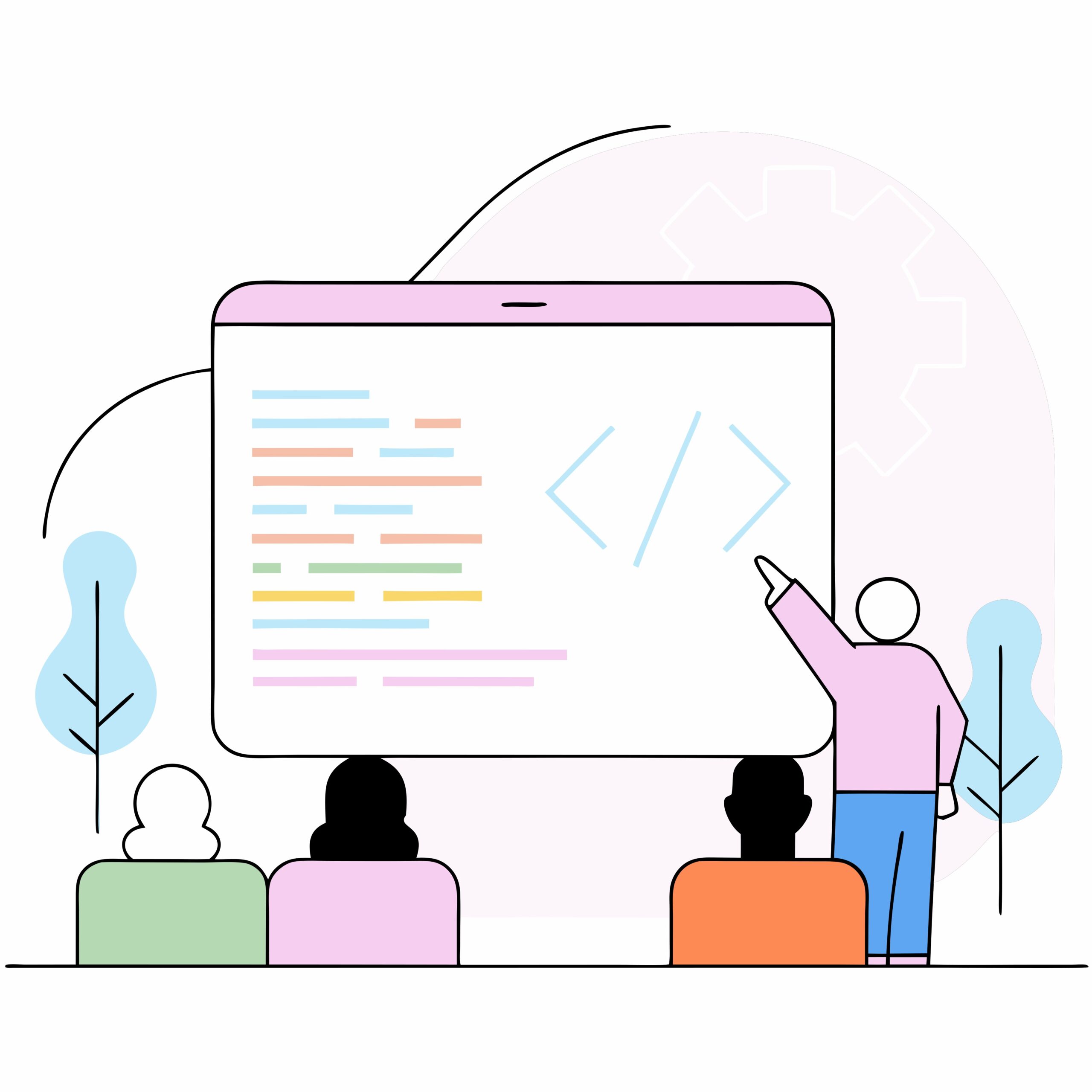In the modern business landscape, ERP Process Software is not just a tool—it’s the central nervous system of enterprise operations. Designed to unify and optimize the core functions of an organization, ERP (Enterprise Resource Planning) process software streamlines finance, supply chain, human resources, manufacturing, procurement, and customer relations through a single, integrated digital platform. Whether you’re a startup or a global enterprise, implementing ERP process software ensures smoother workflows, reduced manual errors, and strategic decision-making backed by real-time data.
What is ERP Process Software?
ERP Process Software refers to a suite of applications that enable organizations to manage and automate their business processes across departments. It connects various internal systems, ensuring information flows seamlessly between teams and functions without the need for disconnected software or spreadsheets.
This software maps out every process—be it procure-to-pay, order-to-cash, hire-to-retire, or plan-to-produce—into structured, automated workflows. The result? Higher productivity, better compliance, and improved customer satisfaction.
Core Functions of ERP Process Software
1. End-to-End Workflow Automation
From initial planning to execution and reporting, ERP software automates business processes by eliminating redundant steps and manual intervention.
2. Real-Time Data Centralization
ERP creates a single source of truth where data from sales, finance, inventory, HR, and customer service is available in real time for informed decision-making.
3. Role-Based Access Control
ERP systems manage user permissions and workflows according to job roles and departments, ensuring data security and internal accountability.
4. Customizable Business Process Mapping
Businesses can define, configure, and automate their specific workflows—whether standard or industry-specific—using process templates and visual modeling tools.
5. Compliance and Audit Trails
Built-in regulatory compliance tools and audit trails ensure that every transaction and approval is logged, tracked, and verifiable.
Benefits of ERP Process Software
1. Operational Efficiency
Automating and streamlining processes reduces time-consuming manual tasks, boosting speed and accuracy across all departments.
2. Enhanced Visibility
Access real-time dashboards and analytics for full visibility into business performance, KPIs, and bottlenecks.
3. Standardization of Processes
ERP process software brings standardized workflows, ensuring that best practices are followed throughout the organization.
4. Scalability and Growth
Modern ERP platforms grow with your business. You can add new modules, expand to multiple locations, or integrate with other digital systems as needed.
5. Cost Reduction
By reducing process delays, human errors, and inefficiencies, ERP systems result in significant cost savings over time.
Common Business Processes Managed by ERP Software
1. Procure-to-Pay (P2P)
Manage procurement from purchase requisition to supplier payment, ensuring cost control and supplier performance monitoring.
2. Order-to-Cash (O2C)
Automate the customer order lifecycle—from order creation to invoicing and collection—for faster revenue recognition.
3. Hire-to-Retire
Track the entire employee journey including recruitment, onboarding, performance reviews, payroll, and offboarding.
4. Plan-to-Produce
Integrate manufacturing operations, from production planning and scheduling to execution and quality assurance.
5. Record-to-Report
Streamline financial close, consolidate records, and automate compliance with real-time financial reporting and analytics.
Industries That Rely on ERP Process Software
Manufacturing
Automates production planning, quality control, and plant maintenance to maximize throughput and minimize downtime.
Retail and eCommerce
ERP systems handle inventory, pricing, promotions, and fulfillment, enabling omnichannel management and customer engagement.
Healthcare
Manages patient records, inventory of medical supplies, regulatory compliance, and staff scheduling with precision.
Construction
Controls project costs, resources, contractor payments, and project timelines in multi-phase, resource-intensive environments.
Education
Simplifies student admissions, scheduling, fees, and performance monitoring through unified ERP modules.
Top ERP Process Software Platforms
1. SAP ERP
A global leader in enterprise automation, SAP ERP supports industry-specific processes with advanced workflow customization and AI integration.
2. Oracle Fusion Cloud ERP
Ideal for large enterprises, Oracle’s ERP offers deep financial, procurement, and HR process integration on a secure cloud platform.
3. Microsoft Dynamics 365
A modular ERP with strong process automation capabilities, Dynamics 365 combines CRM and ERP for unified operations.
4. NetSuite by Oracle
Cloud-based ERP that covers finance, supply chain, inventory, and order management, popular among mid-market firms.
5. Odoo
An open-source ERP that enables high customization and modular process control, ideal for small to medium-sized businesses.
6. Wybrid Super app
Most suitable cloud based application and easily integration with other application.
Key Features to Look for in ERP Process Software
- Business Process Management (BPM) Engine
- Custom Workflow Builder
- Drag-and-Drop Process Modeling
- Notifications and Alerts
- Document Management
- Mobile Access
- Third-party API Integrations
- AI-Powered Process Optimization
ERP Process Software vs. Traditional ERP
| Feature | ERP Process Software | Traditional ERP |
|---|---|---|
| Workflow Customization | High, with visual designers | Limited, often code-dependent |
| Integration Capabilities | API-first, cloud-native | Legacy integration, more complex |
| Automation and Intelligence | Embedded AI/ML and automation | Mostly manual or semi-automated |
| User Interface | Modern, mobile-ready dashboards | Outdated, desktop-only GUIs |
| Deployment Options | Cloud-first or hybrid | Mostly on-premise |
Trends in ERP Process Software
1. Hyperautomation
Combining RPA (Robotic Process Automation), AI, and ML, modern ERP systems are taking over repetitive and predictive tasks automatically.
2. Low-Code / No-Code Platforms
Empower business users to design and deploy processes without writing a single line of code.
3. Digital Twins and Process Simulation
Use digital process twins to simulate workflow changes and predict performance impacts before implementing them.
4. Voice-Activated Process Management
Next-gen ERP platforms now include voice assistants and NLP tools for hands-free data access and updates.
Conclusion
ERP Process Software is the foundation of digital transformation for any enterprise. By integrating and automating critical business processes, it creates a synchronized environment where decisions are driven by data, operations are optimized for efficiency, and growth becomes predictable. Whether you’re scaling operations, enhancing compliance, or seeking real-time insights, ERP process software is the catalyst for operational excellence.












